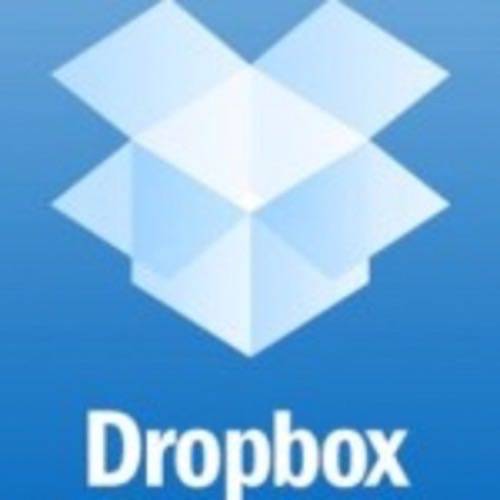Dropbox has been testing its Dropbox for Teams service for some time, but the other shoe has finally dropped. The company formally announced the service today, which looks a lot like standard Dropbox with corporate billing tacked on. Good news for companies wanting to offer Dropbox to employees, but is it up to competing with Box.net? Drobox may be the world’s 5th most valuable startup, but it’s still lagging Box.net pretty badly.

Dropbox for Teams adds centralized billing and admin controls to the standard Dropbox service. Pricing starts at $795 annually for five users, which comes with 1,000 GB of storage. Additional seats run $125 per year, and grant an additional 200GB of storage. By comparison, a personal account tops out at 100GB of storage and $199 per year.
The Teams package also gives companies a few perks over the personal accounts. First is phone support, which shouldn’t be too heavily used. If there’s an actual glitch with Dropbox, I can see using phone support, but the service itself doesn’t require much hand-holding.
Secondly, you get the “pack-rat” perks for free. This means that Dropbox throws in the Dropbox Pro feature for saving a file history indefinitely. I have to say, this is a nifty feature that can save your bacon if you overwrite a presentation or other work file.
Finally, there’s a subtle perk when it comes to storage quotas. The file sharing features for the Teams works just like file sharing for standard Dropbox except that files shared between team members are not counted twice against storage quotas. If I share a 5MB file with any random Dropbox user, we both have the 5MB counted against our quotas. If you share a 5MB file with a fellow team member, then it only counts once against the Dropbox quota for that team. (Sounds trivial, but I suspect actually coding that up was tricky.)
Competing with Box.net
The Dropbox clients stay the same with Dropbox for Teams, all that really changes is pricing and support. Which makes me wonder how well Dropbox for Teams will compete with Box.net.
Box.net has a lot more in the way of features that Dropbox isn’t offering. As it’s offered now, Dropbox features little integration with business software, no workspaces or task management and collaboration features. The pricing for Dropbox undercuts Box.net slightly – it works out to about $13.25 per month for a Dropbox user, compared to $15 per month/user for Box.net.
Dropbox sharing is just as clunky as the personal version, which is to say that you have to select a folder, and then manually share it with one or more people. That’s fine for personal use, but I think it could get really annoying if you need to share with a large team.
Granted, Box.net looks to be a bit stingier with actual storage space, but Dropbox’s dirty little secret is that most users don’t come close to hitting their quotas anyway. A team of five sharing typical work documents is not going to need 1TB (1,000GB) of storage – or even close. (Hint: You’d need to do some selective pruning of what to sync to your laptop if your team was hitting the storage cap, since most lappies don’t have 1TB drives.)
One interesting thing about the pricing for Dropbox for Teams – if you actually come close to the full usage, you’ll be saving more than $100 a year on what it would cost to store 1,000 GB on Amazon S3. The cost for 1,000 GB on S3 for one year would average out to more than $1,680 plus charges for requests, at the $0.14 per GB/month rate. Of course, Dropbox is surely getting Amazon’s top-tier pricing (or better) which means that it should be paying around $660 a year for a 1TB of storage.
For small businesses, or those that prefer simplicity, Dropbox may be the better option. But for teams that actually need to collaborate, Dropbox is still wanting.

















